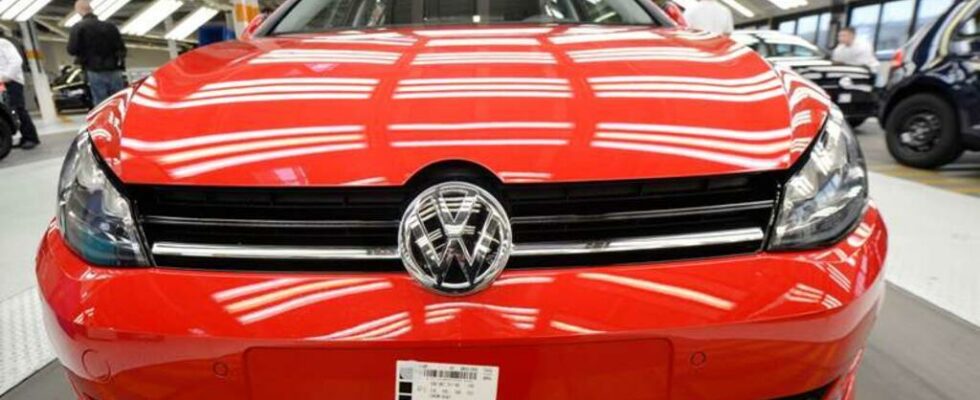This Wednesday, September 25, vital negotiations for the future of Volkswagen are opening in Germany. The leading European car manufacturer is in serious difficulties as sales of vehicles from the German group’s brands have collapsed, particularly in China. To get back on track and become competitive again, management is announcing a vast austerity plan and threatening to close factories in Germany.
3 min
It’s a bolt from the blue Germany where Volkswagen is the largest industrial employer: not only has the company just announced that it will end its job security, an anti-layoff agreement in force for thirty years, by the end of the year, but CEO Oliver Blume has said he is ready to close factories in the country.
Negotiate
It is not yet done, he will have to negotiate in a group where the representatives of the employees through the Works Council have a power of co-decision. Facing him, there is the representative of the powerful union IG Metall, Daniela Cavallo. And, at the beginning of the month, at the time when the management revealed its intentions, it had announced the color: ” We made it very clear to the Board that we were ready to fight. They talk about the “big Volkswagen family”, but when you are a family you look for solutions and you don’t leave anyone by the wayside. »
Accents of EuropeVolkswagen: the end of the social model
Oliver Blume himself keeps repeating that producing in Germany is ” costs too much “, especially with the transition to electric which has seen the arrival on the market of a number of low-cost manufacturers from China. All aspects “, from development to distribution, will be examined to achieve savings, according to Mr. Blume. Daniela Cavallo sees this as an existential problem: ” The issue is not just about Volkswagen, it is all of Germany that is undergoing deindustrialization. It would be dangerous for the country to let employers exploit the crisis to relocate abroad. And it is up to politicians to put in place measures to support the transition to electric. »
Blocking minority
Oliver Blume and Daniela Cavallo are both described as fine, pragmatic negotiators. The negotiations opened to the boos of several thousand employees of Volkswagen gathered in front of the conference center. But nothing is simple, for decades, politics and industry have “shared” the steering wheel within Volkswagen, since the Land The German state of Lower Saxony (northwest), where the group is headquartered, is a 20% shareholder. This gives the regional authorities a blocking minority on important decisions.
And then, in its race for electric, writes AFP, VW launched the ID line, which has been plagued by problems with its embedded software, slowing sales and generating negative user feedback. The cause was former CEO Herbert Diess’ decision to develop in-house software via the Cariad subsidiary, a costly project which failed and caused the manufacturer to lose valuable time in implementing new features (infotainment, autonomous driving).
Also readVolkswagen could close factories in Germany for the first time in its history
